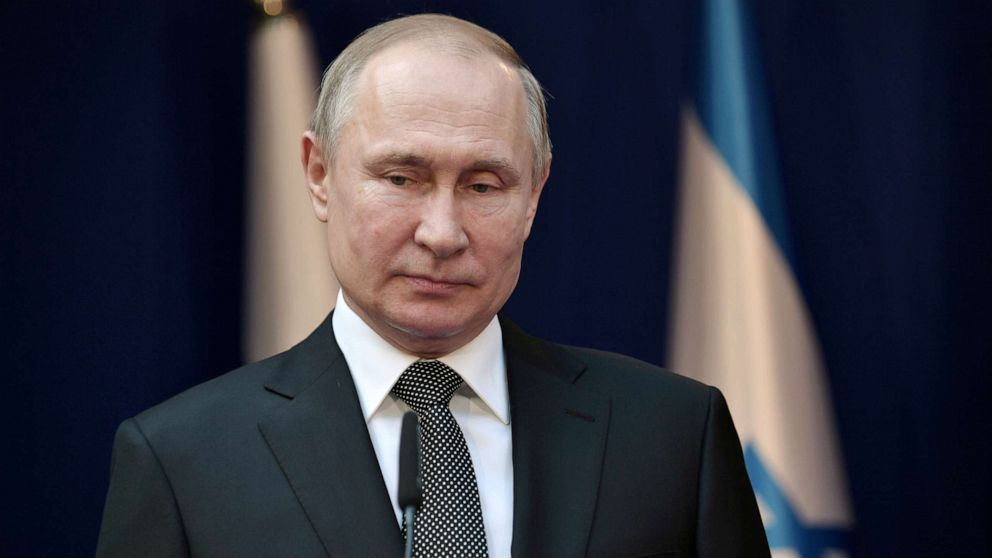Russia has begun voting on constitutional reforms that could allow President Vladimir Putin to serve another two terms in office.
The official vote is scheduled for 1 July, but authorities said they were opening polling stations a week early to stop overcrowding amid the pandemic.
Opposition activist Alexei Navalny has said the changes will allow Mr Putin to be “president for life”.
Mr Putin, however, has said they will ensure Russia’s stability.
Although the president has not publicly said he would run again in 2024 when his current term ends, he has said it is vital he has the option.
“Otherwise I know that in two years, instead of working normally at all levels of the state, all eyes will be on the search for potential successors,” he said in an interview earlier this week.
What are people voting on?
The big changes would limit a president’s rule to two six-year terms in total, rather than two consecutive terms, and reset the clock so Mr Putin could continue in office after 2024.
Aside from potentially allowing him to lead Russia until 2036 – the reforms would give the president power to nominate top judges and prosecutors for approval by Russia’s upper house of parliament.
They would also entrench conservative measures in the constitution, including an effective ban on gay marriage and an affirmation of Russia’s “faith in God”.
And economic changes would also be enshrined, including on the minimum wage and adjusting the state pension in line with inflation.
Roughly 110 million voters from Kaliningrad on the Baltic coast to Kamchatka on the Pacific are eligible to vote. Officials are providing masks and hand sanitiser at polling stations across the country.
The BBC’s Sarah Rainsford in Moscow says a big turnout is vital for the Kremlin.
Officials have confirmed that people with Russian passports in separatist-controlled eastern Ukraine will also be allowed to take part. Last year, President Putin made it easier for residents to get Russian passports and officials estimate some 150,000 people in the rebel-held areas of Luhansk and Donetsk could take part.
